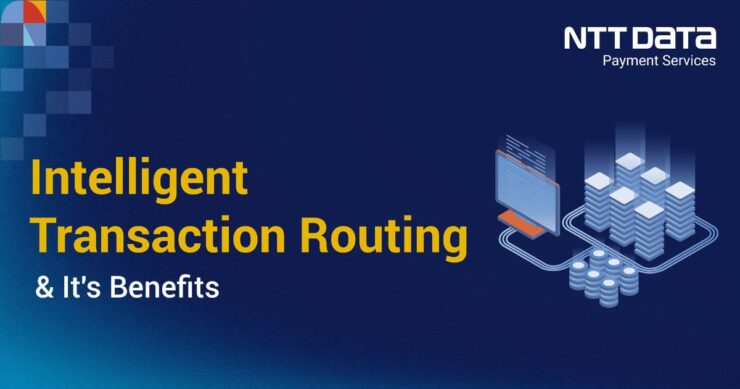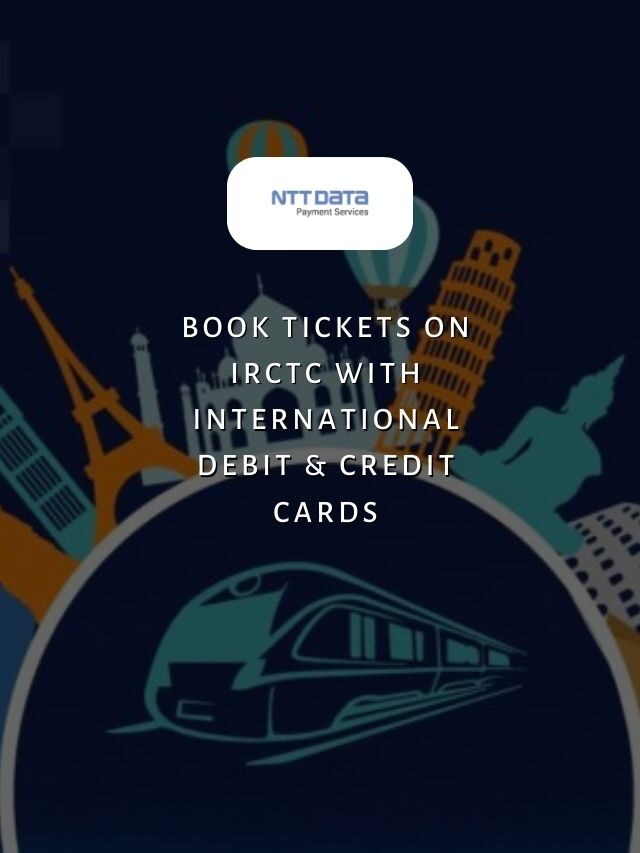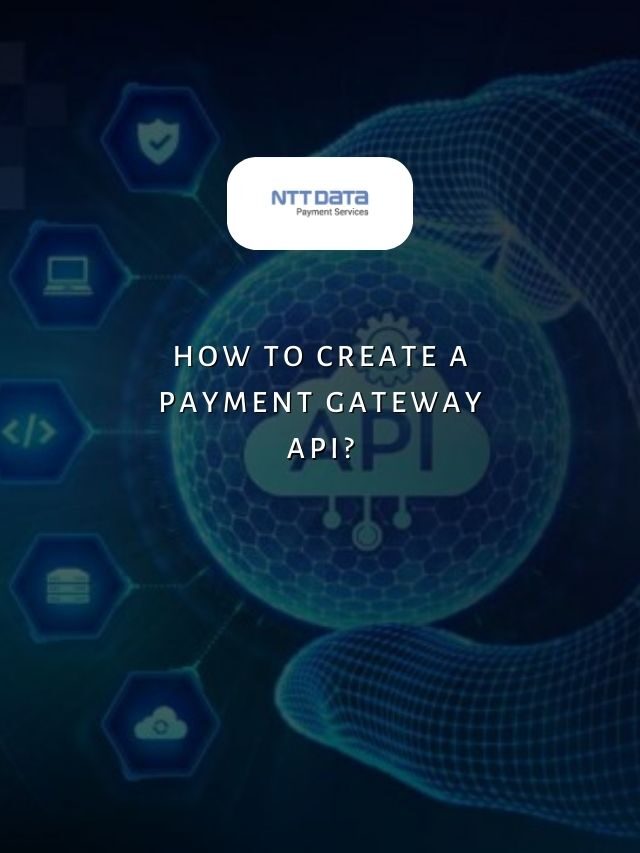
Table of Contents
- 1 Understanding intelligent transaction routing
- 2 How Intelligent Transaction Routing Works
- 3 Recent Web Stories
- 4 Key factors of intelligent transaction routing:
- 5 Benefits of Intelligent Transaction Routing
- 6 Access Secure & Seamless Online Payments with NTT DATA Payment Services
- 7 The Future of Payments Optimisation
- 8 Intelligent Transaction Routing: FAQs
Intelligent transaction routing is an advanced technology that uses machine learning and algorithms to optimise the path a transaction takes through the financial system. In this blog, we will discuss its significance and benefits.
Understanding intelligent transaction routing
Every time you swipe your credit card or make a payment online, your transaction is routed through payment networks to be processed. However, most consumers never think about how those transactions find their way from their device to the merchant and issuer.
Intelligent transaction routing is the technology behind the scenes that optimises how payments are processed and settled between financial institutions. Traditionally, payment networks like Visa, Mastercard, and American Express would route transactions through their own proprietary infrastructure.
This meant every transaction followed the same path regardless of factors like network congestion, issuer preferences, or costs. However, new routing technologies are emerging that analyse thousands of variables in real time to determine the fastest and most cost-effective routes for each individual payment.
How Intelligent Transaction Routing Works
Intelligent routing platforms sit between payment networks and financial institutions to analyse transaction data and make routing decisions. When a transaction is initiated, the platform collects details like the payment type, issuer, merchant, transaction value, and location. It then evaluates these attributes against its routing rules and optimised paths.
Recent Web Stories
Key factors of intelligent transaction routing:
- Network congestion and throughput – Routing away from busy networks prevents delays and declines.
- Issuer preferences – Certain issuers prefer certain networks for authorisations and settlements.
- Cost optimisation – Different paths have varying interchange, switching, and other fees to consider.
- Fraud risk – Some routes may pose lower risks of chargebacks or other issues.
- Regionalisation – Domestic transactions often clear faster within the same country.
Armed with these insights, the platform can select the optimal network or third-party processor to handle each transaction, whether that’s the traditional payment rails or alternative providers. The end result is faster processing, lower costs, and a better consumer experience overall.
Benefits of Intelligent Transaction Routing
By intelligently optimising routes on the fly, this new approach brings tangible benefits across the payments ecosystem:
1. Faster Transaction Times
Regionalisation and congestion avoidance mean transactions reach issuers more quickly. This improves the customer experience and minimises abandoned carts or declined payments.
2. Lower Processing Costs
Intelligent routing analyses fees at a granular level to choose the lowest-cost paths. This saves issuers and merchants on interchange and other payment expenses.
3. Reduced Fraud Risk
Certain routes may pose lower risks of disputes, chargebacks or other issues. Routing strategically can help curb fraud and its associated costs.
4. Preference Alignment
The platform understands issuer preferences and steers volume accordingly. This strengthens relationships between networks and their financial partners.
5. Innovation Enablement
Alternative processors and next-gen networks can be leveraged alongside traditional rails. This fosters competition and the adoption of new capabilities.
6. Actionable Insights
Robust data and analytics provide transparency into routing performance. This powers process improvements, strategy decisions and contractual negotiations.
The benefits of intelligent transaction routing are shared across the ecosystem. Consumers enjoy faster, smoother payments while merchants lower costs. Issuers gain preference alignment and cost reductions. Payment networks optimise volume and transactions per second. It’s truly a win-win approach to modernising behind-the-scenes processing.
Access Secure & Seamless Online Payments with NTT DATA Payment Services
Intelligent transaction routing represents the next evolution in streamlining global commerce. As alternative payment types like real-time payments emerge and open banking accelerates, optimising transaction flows will grow even more important. Leading platforms are already expanding their capabilities to support new methods of exchange.
NTT DATA Payment Services offers a complete payment solution to advance both your offline and online businesses from,
- Online Payment Gateway India
- POS machines
- IVR payments
- Mobile applications, and
- Bharat QR Scan and Pay
We ensure maximum comfort, convenience, and safety for all your payments.
The Future of Payments Optimisation
Intelligent transaction routing leverages big data and machine learning to optimise how payments are processed between financial institutions. Selecting optimal routes on a per-transaction basis delivers tangible benefits like faster speeds, lower costs, and reduced risk. As a result, all participants in the payments ecosystem win. Intelligent routing represents the future of driving efficiency through invisible yet impactful behind-the-scenes optimisation.
| Also, you can get frequent updates on nttdatapayments Instagram page. |
Intelligent Transaction Routing: FAQs
1. What is Intelligent Transaction Routing?
Intelligent transaction routing is an advanced technology that uses machine learning and algorithms to optimise the path a transaction takes through the financial system, allowing for faster processing, lower costs, and a better consumer experience.
2. How does Intelligent Transaction Routing work?
Intelligent routing platforms analyse various factors like network congestion, issuer preferences, costs, and fraud risk to determine the fastest and most cost-effective route for each individual payment transaction.
3. What are the key benefits of Intelligent Transaction Routing?
The key benefits include faster transaction times, lower processing costs, reduced fraud risk, better alignment with issuer preferences, enablement of innovative payment methods, and actionable insights for process improvements.
4. How does Intelligent Transaction Routing benefit different payment ecosystem stakeholders?
Consumers enjoy faster and smoother payments, merchants lower their costs, issuers gain preference alignment and cost reductions, and payment networks optimise their volume and transactions per second.
5. What is the future of Payments Optimisation with Intelligent Transaction Routing?
Optimising transaction flows will become even more important as alternative payment types and open banking continue to emerge. Leading platforms are expanding their capabilities to support new exchange methods, driving efficiency through invisible yet impactful behind-the-scenes optimisation.







